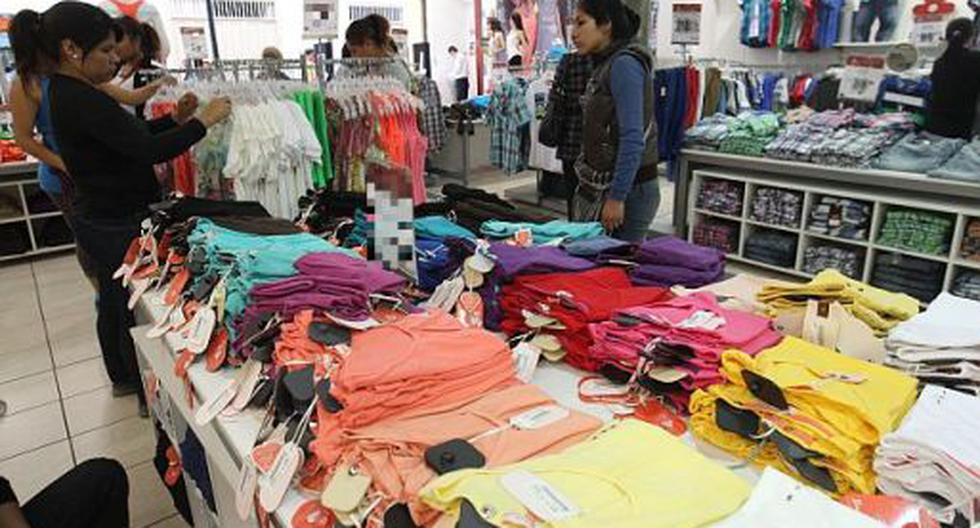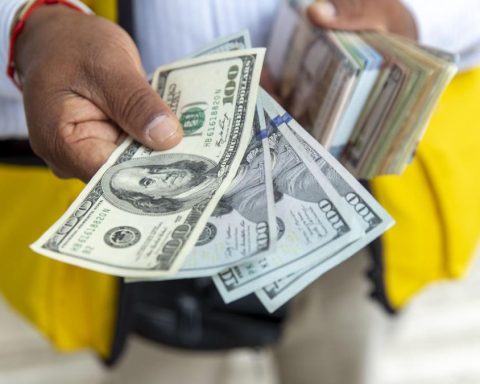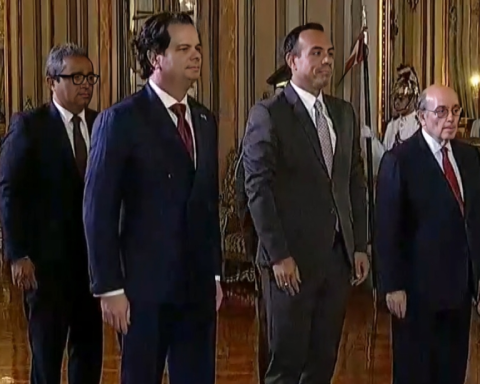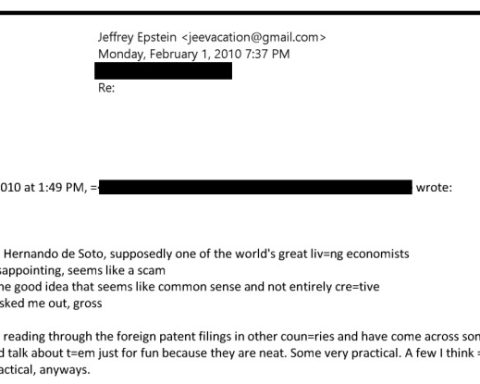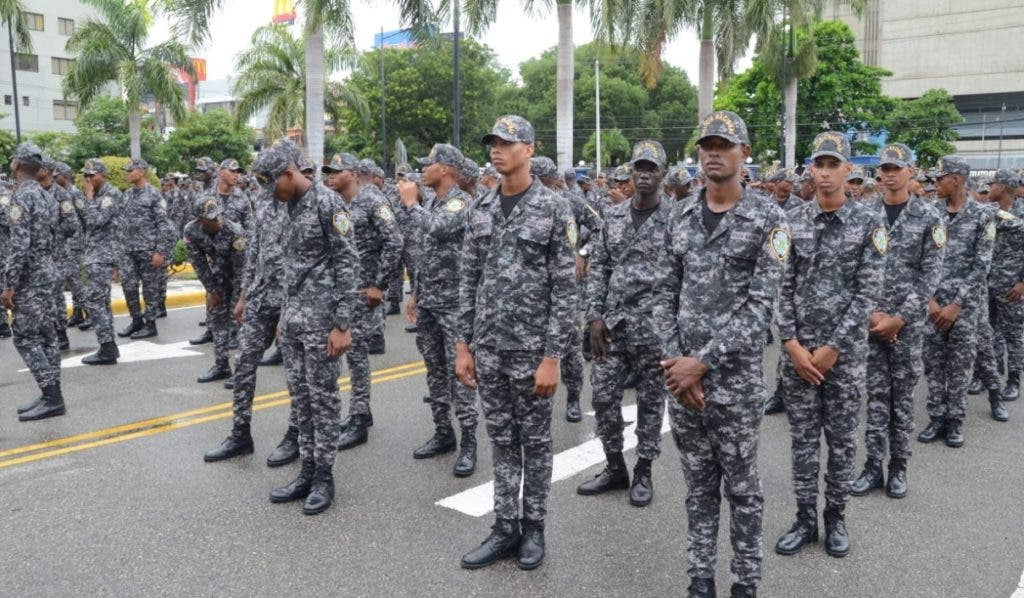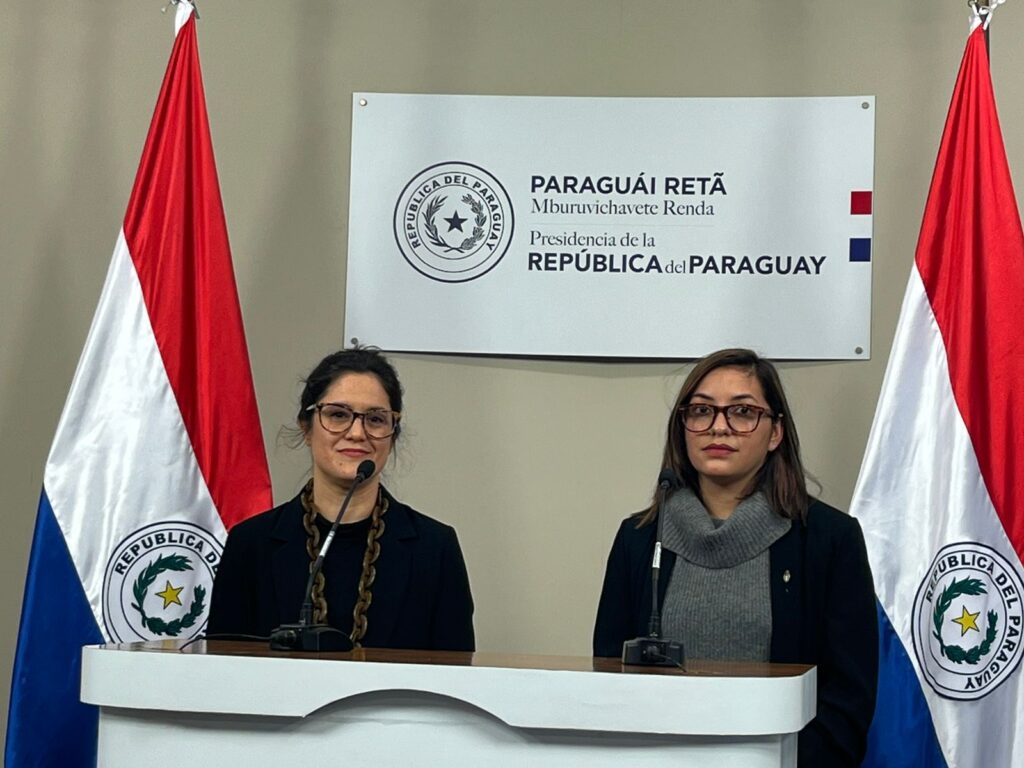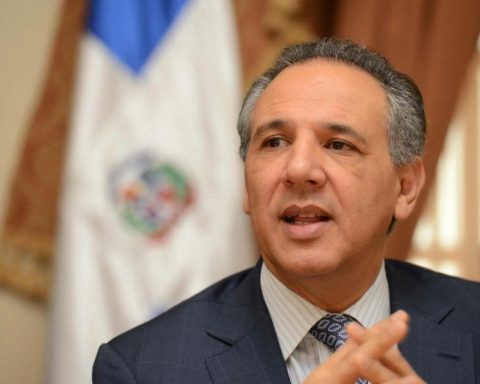ComexPeru warned that by applying safeguards to textiles, the importation cost it would increase by 17% and other costs would be added to this, such as freight, internal transportation and storage.
The union’s manager of Economic Studies, Rafael Zacnich, explained that this measure will affect the more than five thousand small and medium-sized importing companies (SMEs). Furthermore, he pointed out that this would increase contraband and undervaluation.
“Applying safeguards to clothing imports, which in themselves imply an increase in tariffs, would exacerbate smuggling and undervaluation, factors that are already seriously hitting the Peruvian textile industry,” Zacnich added.
In addition, he specified that this situation would generate adverse reactions for exports, with which he assured that more than US$2,000 million of agricultural and fishing shipments would be at risk.
INFORMALITY
On the other hand, the National Society of Industries (SNI) revealed that in all the macro-regions labor informality exceeds 80%, with the eastern region having the highest percentage (85.2%).
The union also specified that in the central macro-region informality reaches 85.1%, and in the south it reaches 83.1% below Lima (63.4%).
Data
-ComexPerú stated that, last year, of the total garments imported into the country, 32% corresponded to stockings and the like.
